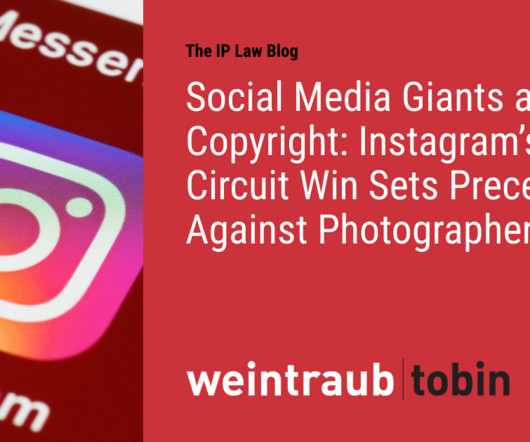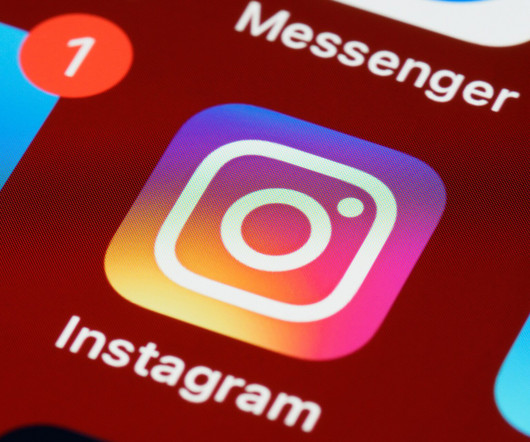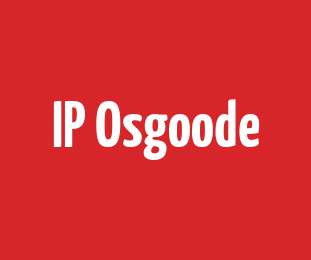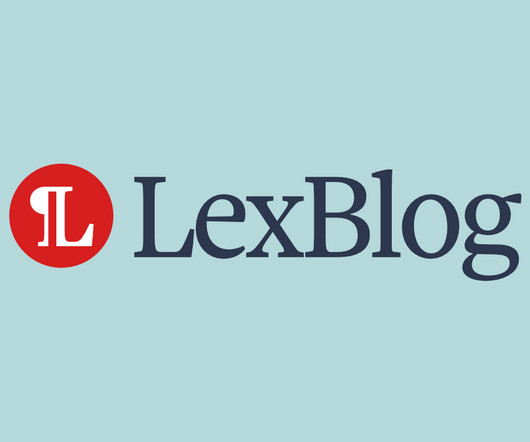Social Media Giants and Copyright: Instagram’s Ninth Circuit Win Sets Precedent Against Photographers
The IP Law Blog
AUGUST 17, 2023
By: Weintraub Tobin Summer Associate Josh Concepcion The Ninth Circuit recently revisited the issue of “embedding” content by a website and its implication for copyright infringement claims. This ultimately means that when a copy of an image is not stored on a computer’s servers but merely “embedded” onto a website, search engine, etc.,












Let's personalize your content